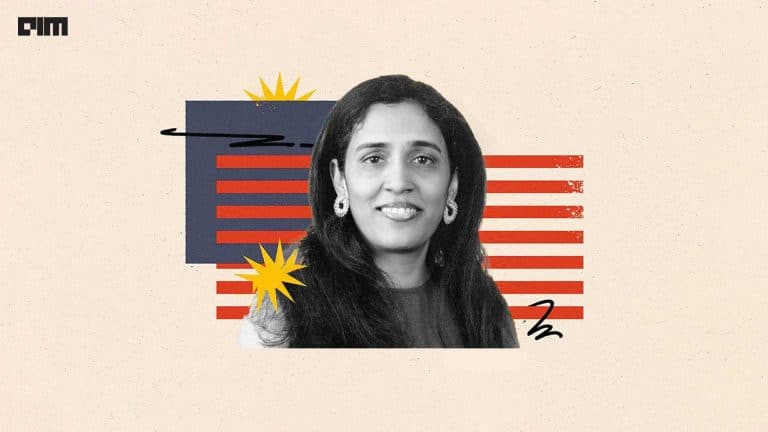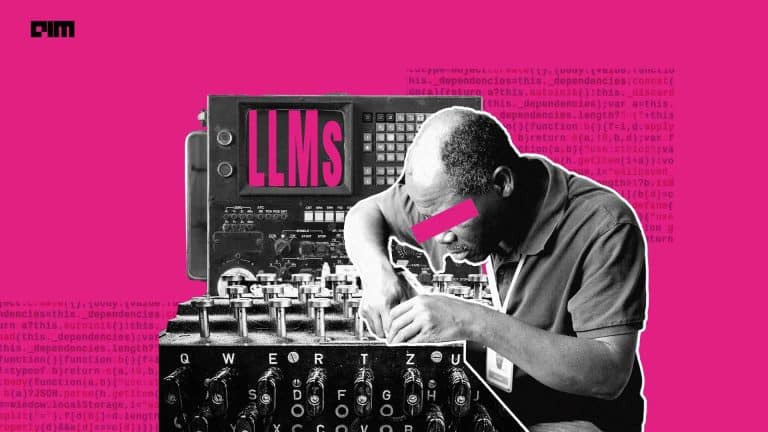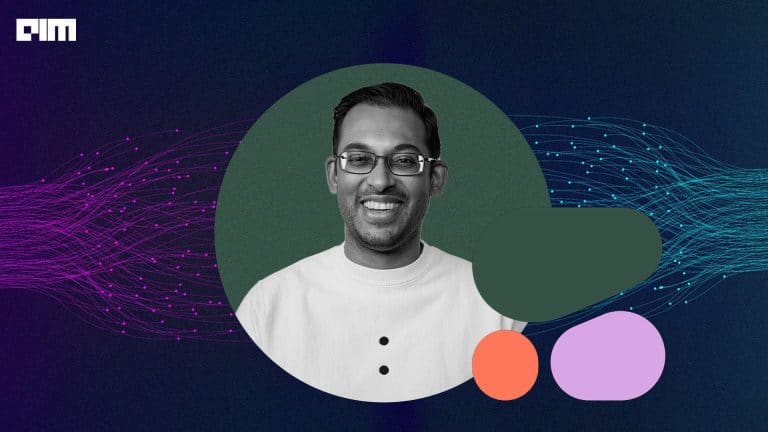Pride Month is celebrated in June to honour the 1969 Stonewall Uprising, which was a tipping point for the Gay Liberation Movement in the US. However, now that Pride Month is over, what’s next?
Diversity and inclusion are hot topics right now, frequently discussed in the media as awareness of workplace inequalities grows. Although many people want to drive change by bringing a safe space for their LGBTQIA+ colleagues, there’s often uncertainty about how, or even where to start; This is where the idea of allyship in the workplace takes shape.
Saurabh Bajpai, VP of Everyday Banking, NatWest Group, told AIM that there has been an increase in support for the LGBTQIA+ community in the Indian tech ecosystem regarding acceptance and allyship. Yet, he pointed out that middle and junior management levels require more mentorship and active engagement to truly foster inclusivity. Bajpai is also the Chair, of Employee Led Network, LGBT+ India Inclusion Council.
“We need more allyship coming from middle or junior-level management teams. Just ticking boxes would not help, and we need to actively engage for and with the community,” he added.
But allyship does not just end here. Showing support also means respecting their identities and choosing pronouns, even beyond pride month.
The Bitter Reality
According to a recent report by Deloitte, six in 10 respondents identify as bisexual, 7% as gay and 4% as lesbian while 17% identify as asexual in the Indian tech sector.
The numbers show that while corporates are slowly making strides towards creating a healthy workspace for LGBTQIA+ members, there is a long way to go in the struggle for acceptance and equality beyond June.
Bajpai’s journey shows us that resilience and self-discovery began in Lucknow, where he was born and raised. He eventually ventured into computer science and completed his higher education at Kanpur University and SASTRA University.
“Throughout this journey, I got the opportunity to express myself, celebrate my wins and failures, except there were no discussions around my identity and sexual orientation,” Bajpai, who identifies as a gay man, told AIM.
Despite his professional achievements, Bajpai’s personal journey was marked by internal struggles and societal challenges regarding the same. From a young age, he knew he was homosexual but felt compelled to hide his true self due to bullying and societal expectations.
This internal conflict persisted even after moving to Mumbai for job, “I started acting ‘straight’ and with that, my belief got stronger that people will love and accept me like this. But even though cities changed, the fight inside my mind about my identity was still not over” added Bajpai.
Eventually, he came out to his friends, feeling relieved, and said, “This was the moment I stopped struggling in my mind. But my coming out journey hasn’t stopped since then.”
Professionally, Bajpai faced challenges, particularly in dealing with preconceived notions and stereotypes in the workplace. “It takes a lot for a person to keep switching between identities. In my early career, even after pretending to be of a different sexual orientation, people still made nasty comments about me,” he said.
Having said that, coming out to even one colleague is a big step, and the process should not be rushed. Identifying allies, finding strength, and becoming vocal and visible are crucial steps for self-help before seeking external support.
He emphasised, “Coming out is a never-ending journey; you go to different organisations and have to go through the same cycle again. And it’s a very personal journey where one should not rush to come out.”
However, his early years of horrible experiences due to sexuality shaped his leadership philosophy, which is based on respecting all employees and advocating for talent and attitude over superficial judgments.
“We need to have more representation in leadership roles from the community so that they can act as role models for the rest,” added Bajpai.
NatWest Group has implemented several initiatives to support the LGBTQIA+ community, including reverse mentoring sessions, inclusive policies, and infrastructural support. Its flagship program, TRANSpire, launched two years ago, focuses on providing career opportunities and support to the entire rainbow community, emphasising mental well-being and career development.
Importance of DE&I in AI
In December 2023, CNBC reported that big techs like Microsoft, Google, and Meta have downsized their Diversity, Equity, and Inclusion (DEI) efforts, laid off DEI staff and leaders of diverse employee groups, and downsized learning programs.
This incident illuminates the bigger picture of how a lack of diversity in AI impacts product functionality and accessibility, leading to bias and inaccuracies. For example, Buzzfeed’s Midjourney-generated images of Barbies from different countries faced accusations of racism and cultural inaccuracies.
Not so long ago, Google had to temporarily suspend its image-generating feature after Gemini inaccurately depicted people of colour in Nazi-era uniforms, showcasing historically inaccurate and insensitive images.
German AI cognitive scientist Joscha Bach believes this bias wasn’t hardcoded, but inferred through the system’s interactions and prompts.
He said that Gemini’s behaviour reflects the social processes and prompts fed into it rather than being solely algorithmic and the model developed opinions and biases based on the input it received, even generating arguments to support its stance on controversial issues like meat-eating or antinatalism.
Such behaviours of AI models are nothing but mirrors of society, urging a deeper understanding of our societal condition. Therefore, it is crucial to treat everyone equally and respect each other’s choices and opinions, ensuring that such biases are not ingrained in AI systems.

































